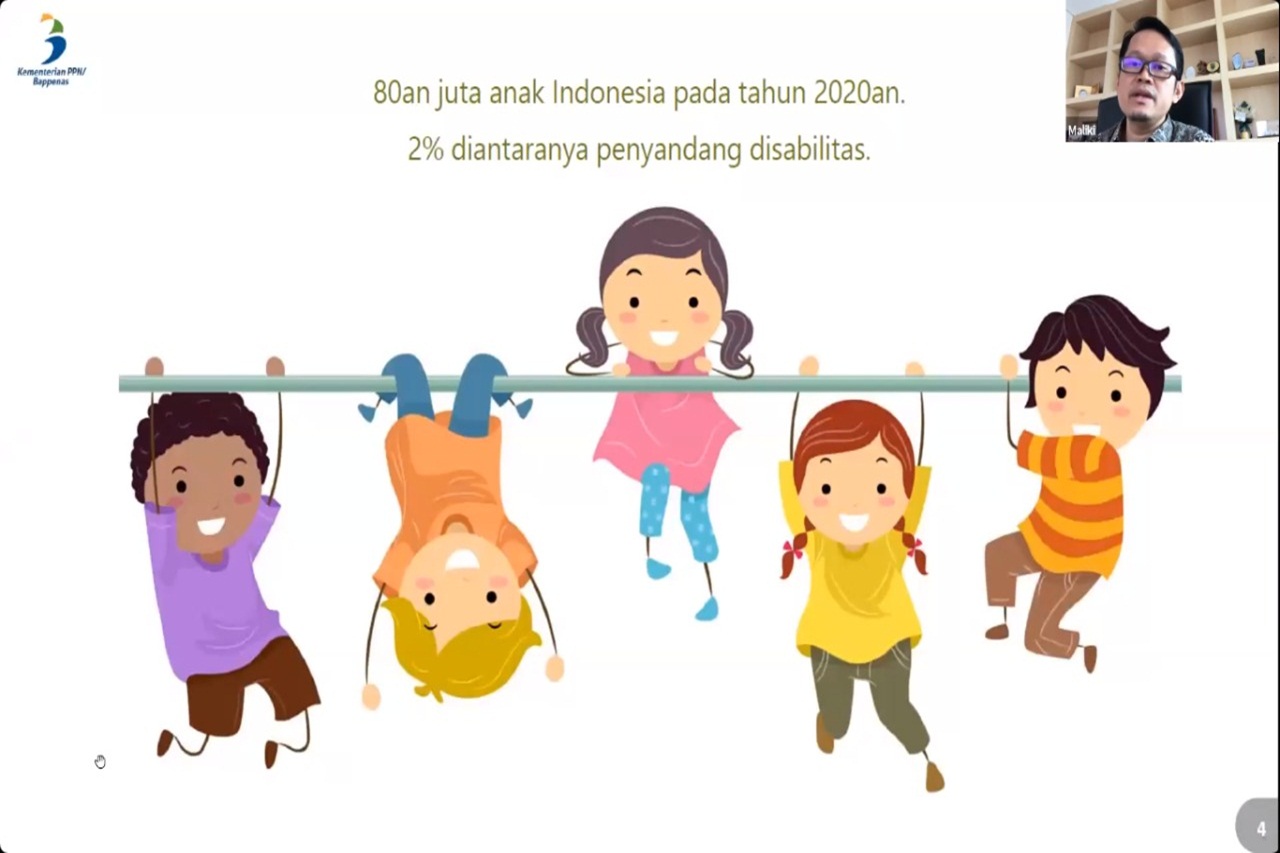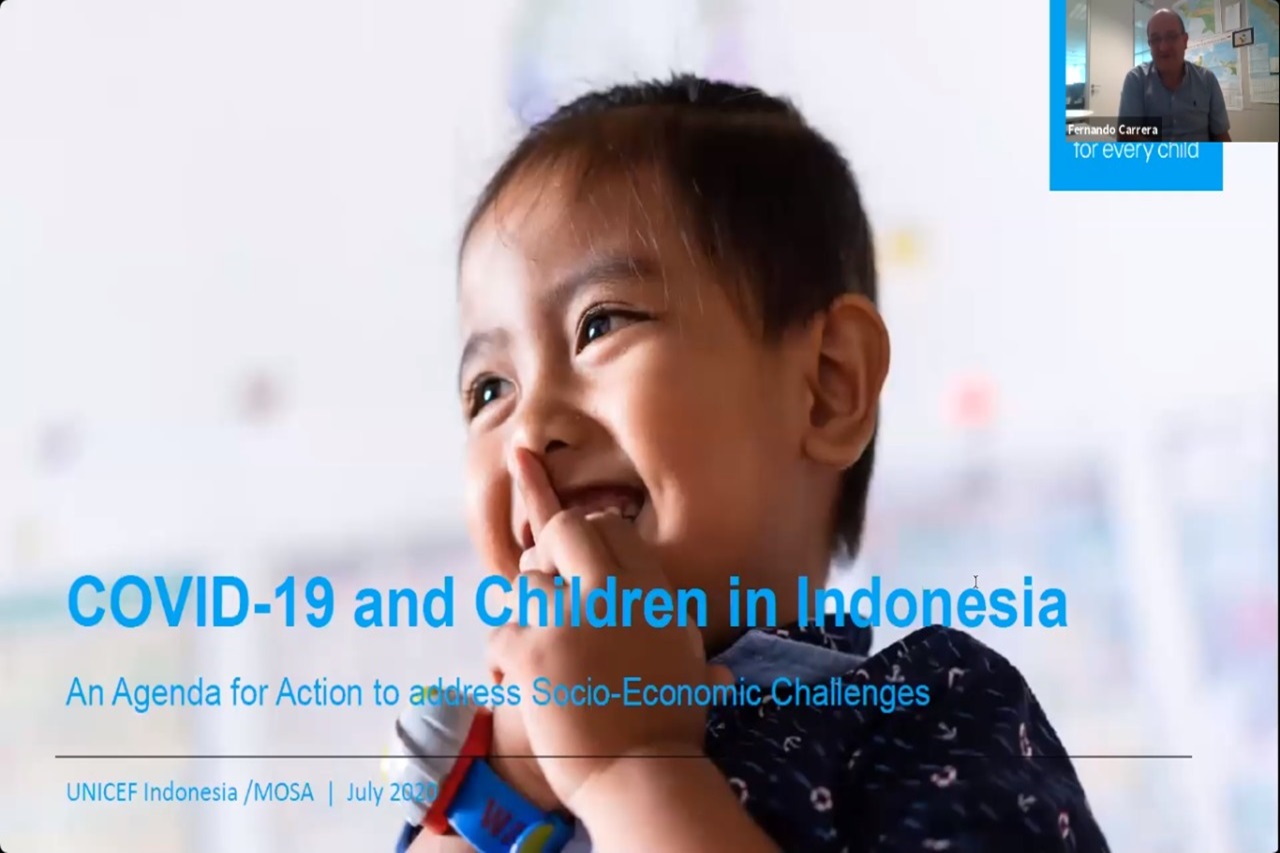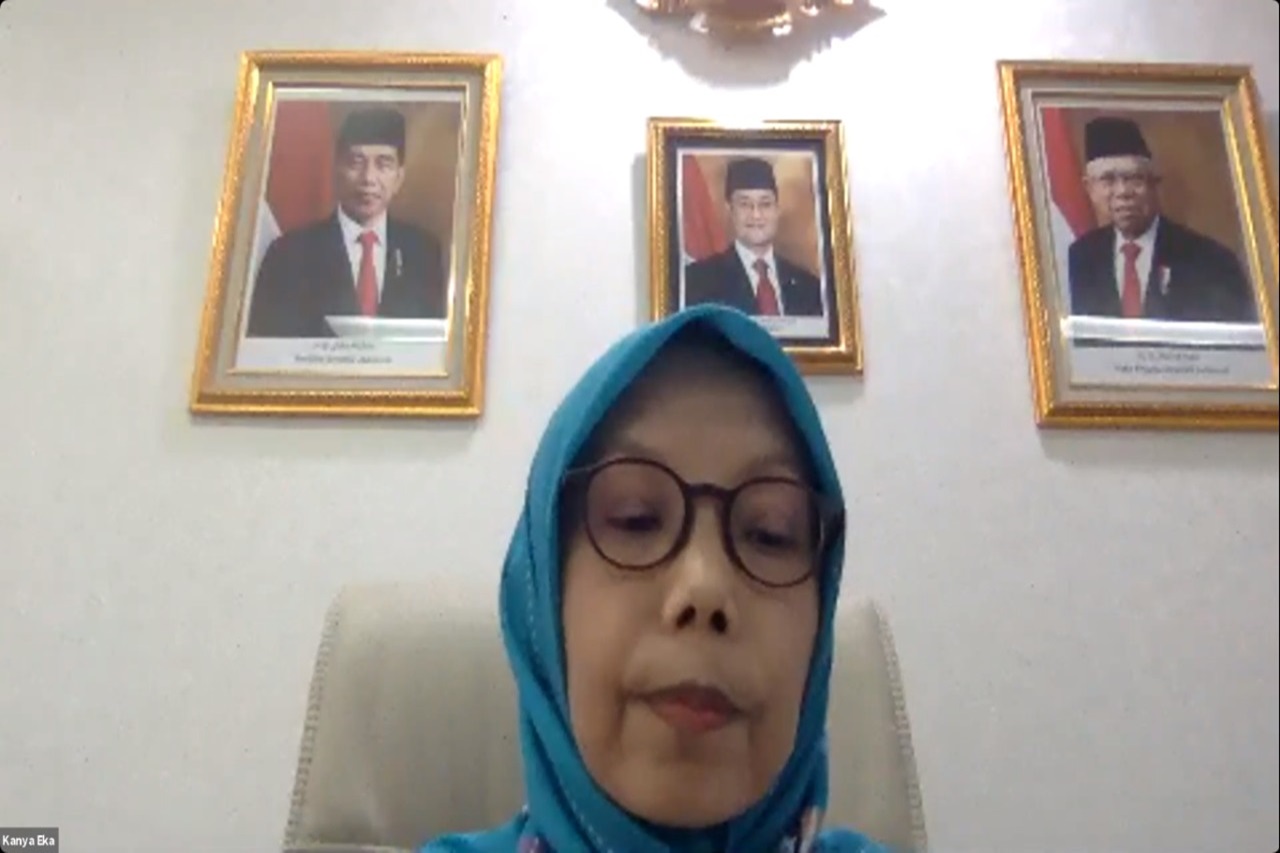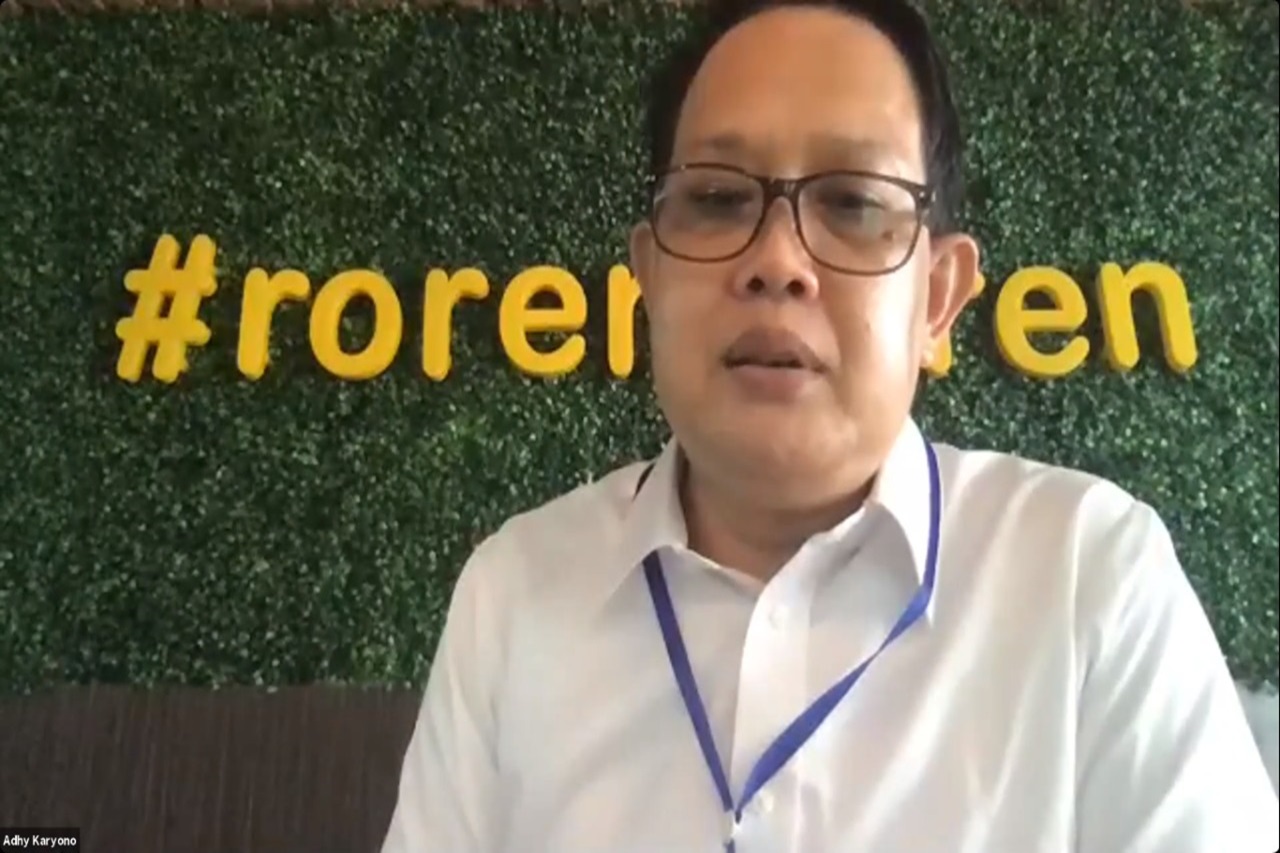JAKARTA (July 9, 2020) – The COVID-19 pandemic has a big
impact in Indonesia, so that UNICEF Indonesia issues a position brief to
explore the impact of COVID-19 on the children’s in terms of the
economy, and work, learning, health, and children nurturing and
protection.
The results show that with the increasing number of poor and vulnerable groups in Indonesia, The children’s from these family groups are most at risk of experiencing various kind of loss. Poorness for children does not only mean lack of finance but also limited nutrition and cut off access to health and education that allow them to grow optimally both physically and intellectually.
Chief Social Policy of UNICEF, Fernando Carrera said the challenge and social economic action in Indonesia during pandemic COVID-19 is identification that the recipients did not have any identification system, designing social assistance not only in national level but also regional level and priority effort in economic policy for the children’s social and education service.
“There is an increase in malnourished children for poor families because they are constrained in meeting the needs of life,” said Fernando. Then, ensuring children return to school safely. “Children at home and in educational institutions are at risk of violence,” added Fernando.
Planning Bureau of Social Ministry affairs collaboration with UNICEF Indonesia hosting a webinar session “The Children’s and COVID-19 in Indonesia: The agenda Social Protection action in pandemic era” Webinar held on July 9 2020 is the forum discussion to maximizing government policy reducing the risk due to COVID-19 for Indonesian children.
Besides that it also discusses how the government can run social protection programs, child protection, increased access to education, social protection programs and strengthen global commitment in Indonesia for reducing social economy impact of COVID-19 on the children’s.
Director of Child Social Rehabilitation, Kanya Eka Santi as one of the speakers at the event, explains priority policy social protection and fulfillment of children's rights in response to the socio-economic impact of COVID-19.
“Socio-ecological impact is expanding, namely disruption to basic services, competition for limited resources, family separation and parental/caregiver stress," Kanya explained.
Kanya added, the impact for children’s includes the risk of violence, neglect care, exploitation, psychological stress on children and negative effects on child development.
“The complexity impact of COVID-19 to children raise challenges in policy child protection, and fulfillment of children's rights, among others regarding recipient data and social protection programs, and social protection that has not been integrated with child protection/fulfillment of children's rights,” said Kanya.
In addition, the involvement of various duty bearers and consortiums for collective, collaborative and coordinating work for social protection and child protection.
Based on the challenge, Kanya explained that the future agenda that must be shared is evidence based of linked social protection, social rehabilitation, child protection/fulfillment of children's rights, strengthen prevention, family support and social protection based on community
Kanya added, the next agenda is transformation the role of child Social Welfare Institutions, in preventing the separation of children from the family and strengthen family and alternative care.
"Strengthening the understanding of each party involved in accordance with their field of work and developing indicators of collective impact from the consortium,” said Kanya.
Head of Planning Bureau, Adhi Karyono in his direction conveyed in social assistance the handling impact of COVID-19 is an effort Ministry of Social Affairs to help fulfillment of groceries, maintain purchasing power and reduce the burden on the livelihoods of the poor and vulnerable.
“There are 1.5783.024 beneficiaries of PKH included in the category of child age as of July 8, 2020. We provide information and complaint services for COVID-19 social assistance at 08111022210, so that society can access information about social assistance COVID-19 quick and precise” Said Adhi.
Relate to child data Director of Poverty Reduction and Social Welfare, Ministry of National Development Planning/Bappenas, Maliki explain in 2020 there are 80 Million Indonesian children, 2% including persons with disabilities, Susenas 2019 data states that 15% of children haven’t a birth certificate, while 18.8% are poor and vulnerable. "All children must have a birth certificate because there are many gateways that can be passed to access government programs," warned Maliki.
“The Challenge on the pandemic COVID-19 in terms of child vulnerability factors, including data accuracy because data on children outside the family is not well organized, especially children with Special Needs (ABK) and child labor, limited services, not yet created an environment that is responsive to children's needs and changes or loss of nurturing and social support environment," said Maliki.
From a human rights perspective Director of Human Rights and Harmony, Ministry of Foreign Affairs, Achsanul Habib said that the COVID-19 pandemic has magnified global human rights issues such as issues of vulnerable groups, xenophobia, inequality, freedom of opinion etc."The Good Practices action agenda can guide us in identifying which practices/policies are proven to be effective and at the same time place Human Rights (HAM) at the core,” said Aschanul. Human Rights is still and must relevant in the middle of handling of COVID-19 specially to protect particularly vulnerable children.
Attend the event, Child Fund, Grace Hokum expressed the importance of involving children in programs in various regions. Children are not just recipients benefit, but also must be empowered strengthen children's involvement and young generations are important in all social protection programs. "Strengthening the existing network is important in dealing with the COVID-19 pandemic," added Grace.
Center for Research and Advocacy for the Protection and Quality Life of Children, University of Indonesia (PUSKAPA UI) Santi Kusumaningrum see 3 dimensions vulnerabilities consisting of the absence of access services, services that are not or less to children’s need and discrimination because child distinguished by age, gender, etc. “Because this situation fast movement needed, and the current condition is very important and critical” Said Santi.
Writer :
Humas Dit. Rehsos Anak
Editor :
Annisa YH
Translator :
Gumilang F. Wicaksana; Karlina Irsalyana
Share :
 English
English
 Bahasa
Bahasa




